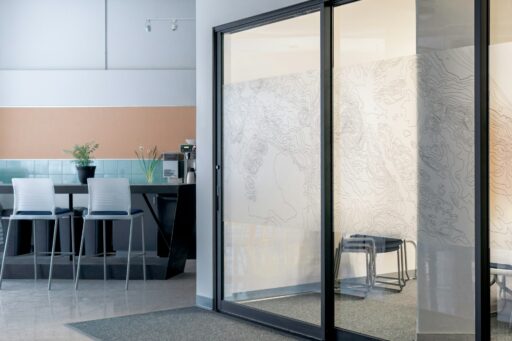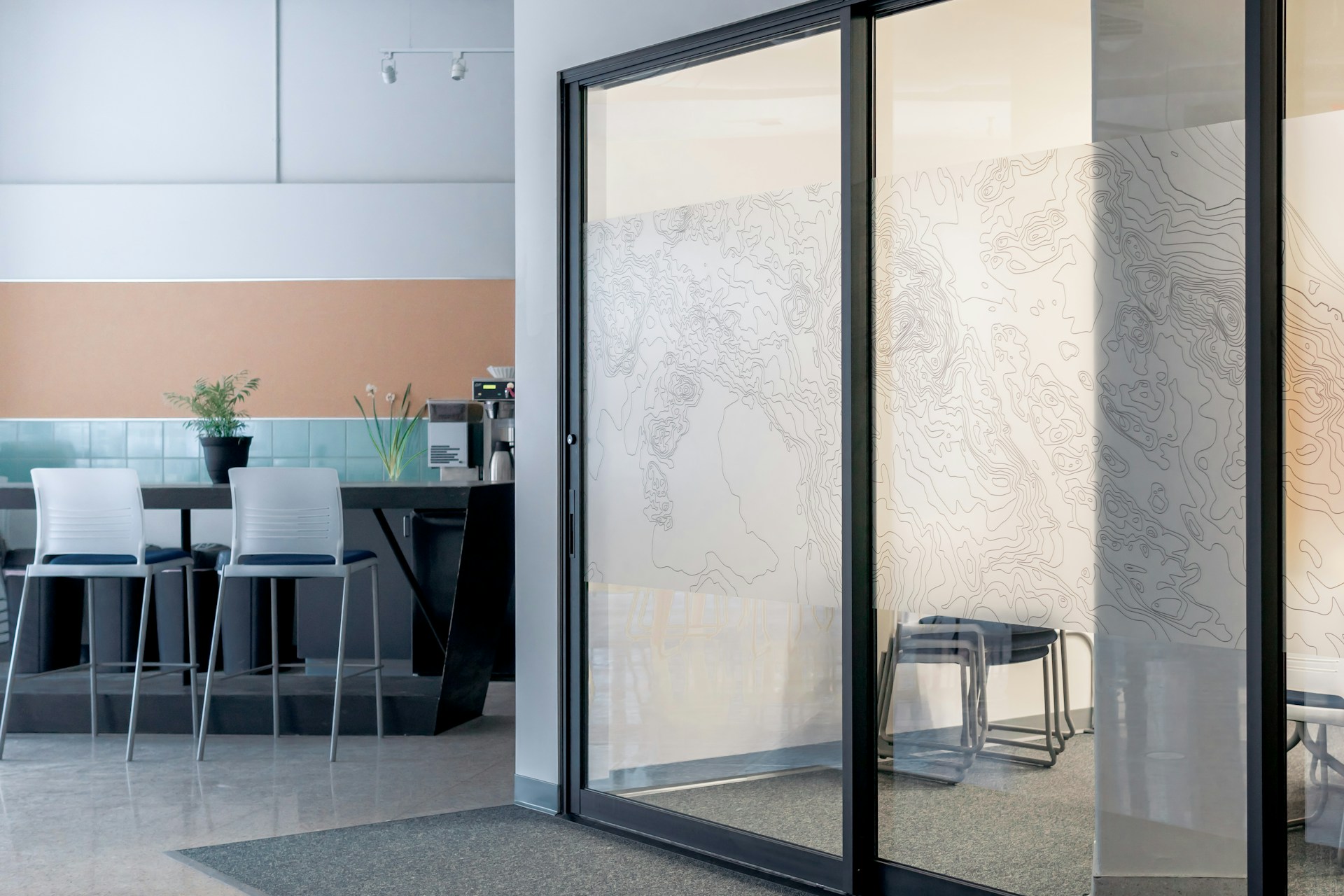Aesthetic, eco-friendly, and functional features are the staples of modern homes. Sliding glass doors and retractable screen doors are features that enhance the appearance, efficiency, and ambiance of any home. Together, they add natural light and ventilation, connect indoor and outdoor spaces, and improve energy efficiency, leading to healthier and sustainable living conditions. These doors enhance curb appeal to attract neighbors and buyers who are health and eco-conscious.
Most homeowners install and use these doors together to enjoy fresh air and outside views without the hassles of UV rays, dirt, debris, and insects. As they are often used together, they face similar wear and tear, structural, and security issues due to the impacts of external elements and repeated use. This blog highlights the warning signs that your sliding glass door and retractable screens are failing. Homeowners should be careful and address these signs early to avoid bigger issues and costlier screen and glass repairs. Proper maintenance leads to a comfortable living environment and protects home investments in the long run.
Difficulty Opening or Closing
With regular wear and tear, you will experience difficulty operating sliding glass doors and retractable screens. The sliding glass door may feel heavy, drag, derail, or get stuck while opening or closing. This usually happens due to dirt and debris buildup that causes friction. With repeated use, the rollers might be worn, misaligned, or broken. The frame might warp slightly in old homes or homes with settling foundations.
In retractable screen doors, you will notice that the screen won’t retract smoothly or will stick halfway while closing or opening. Forcefully opening or closing the screen many times can lead to loose or worn-out components. There is a chance of the screen tearing or snapping out of its housing if it isn’t operating smoothly.
Difficulty operating the doors is inconvenient and also affects the safety and functionality of the house, especially if you have kids and pets. Forcing the doors can lead to damaged rollers, cracked glass, or torn screen mesh. Serious issues like a warped frame or damaged rollers might require professional repair services to prevent further damage.
Air or Water Leaks Around the Door
The primary job of sliding glass and screen doors is to protect from external elements and insulate the indoors. Drafts during winter, puddles after rainstorms, and visible gaps between sliding doors and the frame are signs of damage that cause air and water leaks. These are caused by damaged weather stripping, warped or misaligned frames due to regular wear, or foundation shifting. When retractable screens are not snugly sealed, they let in air, water, and pests.
Leaky doors are inefficient as they do not maintain indoor temperature and comfort. They lead to increased strain on the HVAC system, raising the home’s energy bills. Water intrusion can cause warped flooring, mold, and damage to nearby walls and baseboards. If the issues persist for longer, it can lead to moisture damage and threaten the structural integrity of the home.
You should occasionally inspect the sliding doors and screens, especially after heavy rain or storms. Check the seals and replace the weather stripping if damaged. If the leak continues, it is highly recommended to get professional repair services.
Visible Damage
Visible damage is usually ignored as a cosmetic issue when it is a sign of more serious mechanical and structural issues. Cracked or fogged glass, chipped frames, bent tracks, and tears in retractable screens are common signs of age and repeated use. Prolonged sun exposure can also cause fraying along screen edges and color fading.
All these signs seem like minor issues, but are the starting points for bigger problems like warping frames and weakening joints. A torn screen lets in dirt, debris, and insects, compromising the performance of the door. Cracked glass is unsightly and can be a safety hazard, especially with kids and pets.
These seemingly minor issues affect the home’s aesthetics, lower the property value, and might lead to safety issues. If ignored for too long, these doors might leak or break entirely over time. These issues indicate an unbalanced retraction mechanism or problems with the track. These components should be repaired to prevent further damage to the doors’ integrity.
Increased Noise or Poor Insulation
Glass sliding doors provide insulation and reduce outside noise, creating a relaxing and comfortable environment indoors. If you start to notice louder noises from the outside along with temperature changes near the door, chances are the door’s insulation is failing.
When the door’s seal is no longer airtight, or the glass has aged and is slowly losing its insulation properties, even small gaps between the doors and retractable screens can lead to sound and thermal insulation problems. Single-pane and older double-pane glasses lose their insulation capabilities over time. When the door is not keeping heat, cold, or noise at bay, it is not performing at full capacity.
Poor insulation creates fluctuating temperatures and reduces the effectiveness of your HVAC system. It creates an uncomfortable home environment and affects the home’s energy efficiency. Upgrading to dual-pane glass panels might help to resolve the noise and insulation issue. Getting professional services for resealing is also a good idea to avoid drafts, bugs, and debris.
Broken or Misaligned Locks
Sliding glass and retractable screen doors protect you from intruders and keep your kids and pets securely inside. Any issues with the locks can compromise safety, leaving your home vulnerable. A secure door provides peace of mind along with comfort and energy efficiency. However, the locks can wear out or become misaligned, affecting safety and functionality.
The glass door might be hard to lock, or the lock might not align with the latch. For screen doors, the lock might not hold. Such issues are often caused by the door shifting, worn hardware, or rusted components. Foundation settlement can cause the door to shift, causing misalignment issues.
A malfunctioning lock is a security issue. A proper lock seals the door against weather elements and ensures your home’s safety. The locks of both doors should be inspected regularly, especially after seasonal changes and storms. A professional hardware repair or replacement service might be required if the locks are sticking, loose, or not latching.
Preventative Measures
Simple preventive measures help maintain the health and functioning of these doors. The tracks should be cleaned weekly with a vacuum cleaner and a damp cloth. Debris should be cleared to prevent jams and damage. A silicone-based lubricant should be applied to keep the tracks and rollers working smoothly. Hardware like rollers and locks should be inspected quarterly and repaired or replaced according to the severity of the damage.
The door alignment should be checked and fixed by tightening loose screws. Clean the glass panels with non-abrasive cleaners to prevent buildup without scratching the glass. Scheduled inspections and routine care can prevent expensive breakdowns and extend the door’s life.
Final Thoughts
Sliding glass doors and retractable screens are essential parts of the home that require regular care and attention. Warning signs like broken locks, visible damage, difficulty operating, and failed insulation are easy to identify but often ignored as a minor issue. Identifying and addressing these issues prevents serious damage, reduces costs, and extends the life of these doors and screens. Simple DIY fixes work for minor issues, while others require the expertise of professionals. Ensure the comfort and safety of your home with regular inspections and timely maintenance of sliding glass doors and retractable screens.








